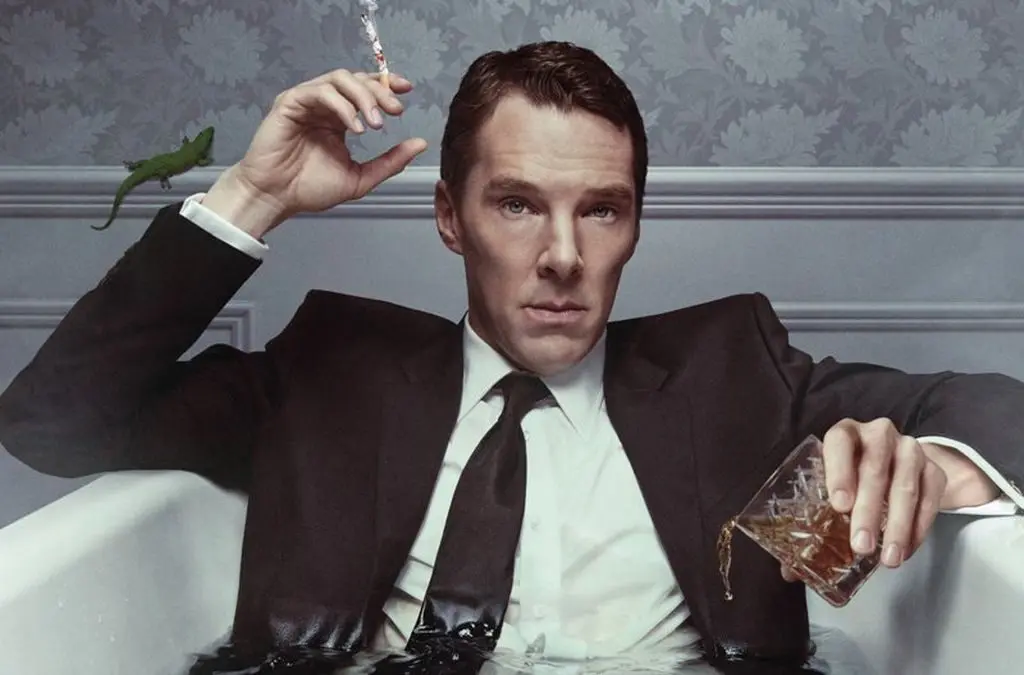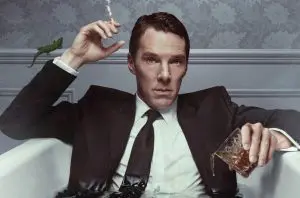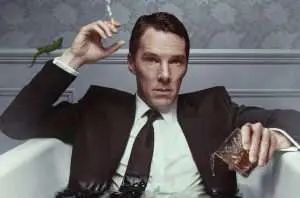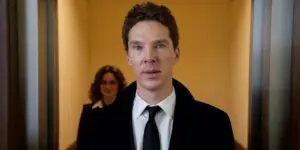Summary
Patrick Melrose closes out masterfully with “At Last”, a near-perfect and poignant finale episode that brought Patrick full-circle and face to face with his trauma.
“An orphan at last, just what I’ve always wanted,” says Patrick Melrose in the fifth and final episode of this wonderful series. Adapted from the Edward St Aubyn novel “At Last,” the momentous show’s finale brought things full circle, finding Patrick where he began – in a funeral parlour, burying another parent.
And with them both, I suppose, the lifetime of abuse and complicity that led to his self-destructive appetites and his own failings as a husband and father.
In a final act of maternal betrayal before the coffin lid closes, Eleanor Melrose disinherited her son, bequeathing the sprawling chateau in the South of France to a contingent of Irish spiritualists. But that isn’t what Patrick – still played impeccably by Benedict Cumberbatch – is unable to tolerate. Standing in the pews as one mourner after another extolls Eleanor’s childlike virtues of innocence and selflessness, the tears well and the blood boils. All this, for a woman who knew–who must have known–about the persistent abuse of her son.
“He raped me,” Patrick tells Eleanor in a flashback. “Me too,” she responds. That’s it. A knot of trauma finally confessed, after all the years of letting it fester and metastasize, and all Patrick got from his mother was a dismissive “me too”. It can’t have been enough.
There’s no wonder by the time of “At Last”, in 2005, Patrick has been through so much; multiple bouts of addiction, to drink and drugs, an estranged wife and two children who look upon him with fear, and an unsatisfying affair with his friend Julia, one of the few constants in his life, and one of countless factors that only damage him further.
Hurt people, they hurt people. It’s only by allowing himself to accept the cause and effect of trauma, how it ripples outward and sullies whoever it touches, that Patrick is able to not only understand what his mother and father did to him, but feel something for them beyond simple rage and hatred. “At Last” suggests that no matter how calloused your own heart becomes, the only way to keep it beating is to open it up to other people; to care about others, despite – in spite of – nobody ever caring about you.
The irony of this – and if any show has mastered anything the way Patrick Melrose has mastered irony, do let me know – is that the mouthpiece for this simple truth is the wacky New Age hippie Annette, of the very same religious movement who convinced a guilty, vulnerable old woman to give them a castle.
A hilarious running joke of “At Last” is how she is constantly pointed towards Nicholas Pratt, Patrick’s father’s old Etonian buddy. She’s a guided missile of love and kindness. Nick, as she calls him, can’t stand such things. His fury eventually leads to a fatal heart attack – good riddance – but after all that, it’s Annette who accompanies him to the hospital.
“Often,” she says to Patrick, “it is those who deserve the most blame who often deserve the most compassion.”
Through more flashbacks, we see Patrick stand up to his father, reducing him to tears. I don’t know if this really happened, or if it was a fantasy that Patrick wished was a memory, but it hardly matters. Somewhere buried in that scene was compassion, both from Patrick and his father, damp-eyed and distraught at his own monstrous behaviour. I like to think it happened like that. So does Patrick.
Throughout the course of “At Last”, Patrick meets a fellow traveller, a companion through the twisting halls of psychiatric recovery, and a very pretty waitress working Eleanor’s wake. They both offer him something; connection, I suppose, however fleeting, or maybe another means to hide, however temporarily, from a world that still frightens him. Sat in the back of a taxi, at the end of the episode, he deliberates where he should go.
“I’ve decided I’m bored of ghosts and want to see people instead,” he says, before going for dinner with his wife and children.
Read More:




